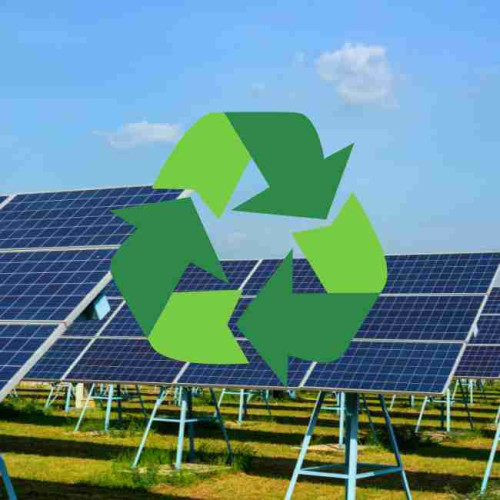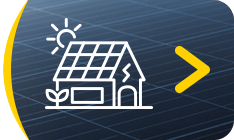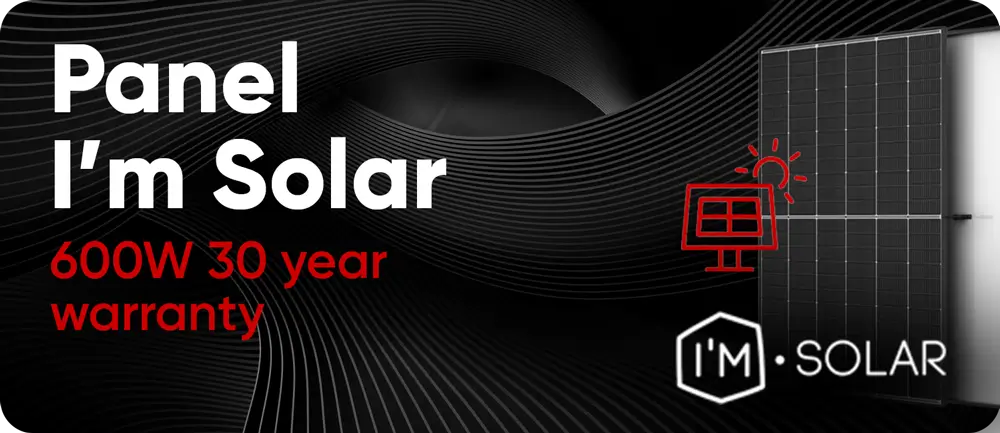- 05 Oct, 2017
- Solar Training , Myths & Facts , News

Complicated, long and difficult? Rumour spread by solar energy sceptics suggests that solar panels are not easily recycled. What is the real situation? Let's take a look at the recycling of solar panels in 3 key steps.
Solar panel recycling: an increasingly well organised system
Solar panels have a minimum life span of 20 years and the issue of recycling old or defective panels remains a concern. The process may seem delicate but in reality recycling is simpler than it might seem. Good news are: a solar panel can be recycled up to 85%.
First of all, there are several types of photovoltaic solar panels: the recycling method will therefore vary according to the type of panel (thermal or chemical treatment). To have your solar panels recycled, they will first have to be dismantled. You can either do it yourself or ask a specialist. Then, bring your equipment (or have it transported to) a collection point. Although solar installations are still rather new, the network for collecting solar panels in Europe is relatively well developed. The European organisation PV CYCLE has created a system of free collection points. Since 2014, proper disposal and recycling of solar panels has been obligatory in France.
Solar panels with 85% recycled materials
The elements composing the photovoltaic panels are recycled separately. A large quantity of the materials used can be recycled and then reused in the manufacture of new panels or in other industrial processes. Aluminium, for example, is infinitely recyclable. Glass is a 100% recyclable material without loss of quality or quantity. Plastics can be recycled or recovered to produce energy. Only some plastics are not reusable and lost.











